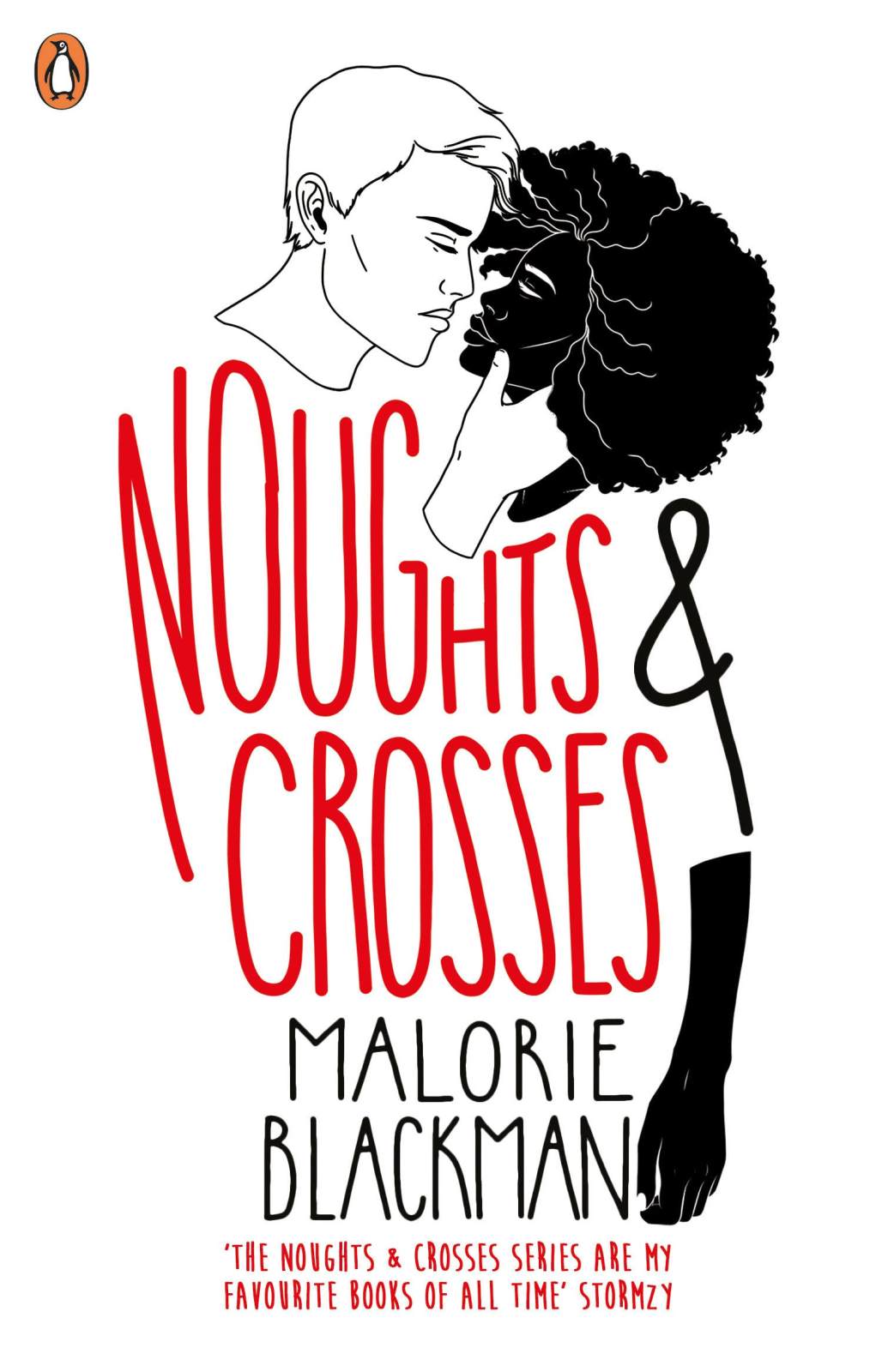Reading and literacy
To support this, we implement evidence-based intervention strategies tailored to the needs of key student groups, including those with special educational needs and disabilities (SEND), high prior attaining (HPA) students, boys, students with low reading ages, and those with English as an additional language (EAL). These targeted approaches help close attainment gaps and ensure that all learners are equipped to thrive as confident, capable readers.
We also place a strong emphasis on parental partnership, recognising the crucial role families play in supporting reading at home. We host regular reading information evenings and provide practical guidance for parents to engage with their child’s progress. In addition, we take reading beyond the classroom through a wide range of extracurricular activities—such as residential writing retreats, creative workshops, and reading clubs—that make reading an enjoyable and meaningful part of school life.
Together, these efforts help to create a positive reading culture that empowers all students and celebrates literacy as a foundation for lifelong learning.
Our Tavi Canon
 Year 7 are currently reading:
Year 7 are currently reading:
Percy Jackson and the lightning thief by Rick Riordan.
The Lightning Thief follows the story of young Percy Jackson, a troubled 12-year-old boy with a secret unknown even to himself. Diagnosed with dyslexia and ADHD, while being raised primarily by his mother, his life so far has not always been easy. Percy is repeatedly kicked out of school due to unexplainable events that aren’t really his fault. While on a sixth-grade field trip to a museum, Percy faces his strangest event yet. After an argument with a school bully, his math teacher, Mrs. Dodds, draws Percy aside to punish him. Mrs. Dodds suddenly transforms into a monster and attacks him. His favourite teacher, Mr. Brunner, rescues Percy by throwing him a ballpoint pen that changes into a sword.
Click here for more information about The Lightning Thief
 Year 8 are currently reading:
Year 8 are currently reading:
The London Eye Mystery by Siobhan Dowd.
The London Eye Mystery by Siobhan Dowd follows 13-year-old Ted, who has Asperger's syndrome, and his older sister, Kat, as they try to find their cousin, Salim. Salim disappears from a sealed pod on the London Eye, baffling the police. Ted's analytical mind and unique way of seeing the world become crucial assets as he and Kat follow a trail of clues across London to solve the mystery of Salim's vanishing.
Click here for more information about The London Eye Mystery
 Year 9 are currently reading:
Year 9 are currently reading:
Noughts and Crosses by Malorie Blackman
Noughts & Crosses is a Young Adult novel by Malorie Blackman set in a dystopian world where dark-skinned "Crosses" rule and white "Noughts" are an oppressed underclass. The story follows the forbidden romance between Sephy, a privileged Cross, and Callum, a Nought, as they navigate their intertwined lives amidst societal prejudice, racism, and political unrest. Their relationship is challenged by intense discrimination, particularly when Callum attends a mixed-race school with Sephy, and as his family becomes involved with the radical Liberation Militia fighting for Nought rights. The book uses this reversed racial dynamic to offer a thought-provoking exploration of prejudice and inequality, showcasing the struggles of two star-crossed lovers and their families.
Click here for more information about Noughts and Crosses
 Year 10 are currently reading:
Year 10 are currently reading:
The War of the Worlds by HG Wells
The War of the Worlds by H.G. Wells describes a catastrophic invasion of Earth by technologically superior Martians, who descend from cylinders in fiery flashes and use advanced weapons like the Heat-Ray to devastating effect. The story follows an unnamed protagonist as he flees the ensuing chaos in Southern England, witnessing the collapse of society and battling for survival against the ruthless aliens who intend to conquer and deplete Earth's resources.






